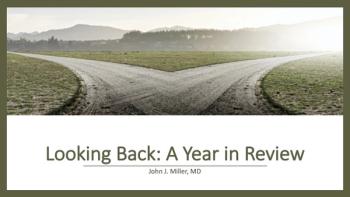
Take a look back at the year in covers with Psychiatric Times.

Take a look back at the year in covers with Psychiatric Times.

Looking for holiday gifts that encourage mental well being?

What psychiatric and psychological ideas are in your favorite holiday movies?
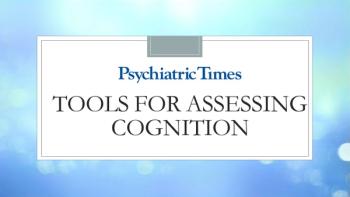
There are a number of cognitive screening tools designed to help offer timely, quality care for the elderly and those struggling with cognitive loss and dementia.
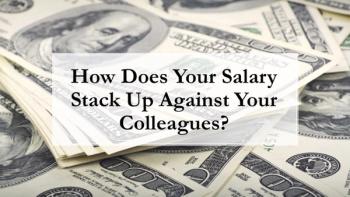
Let's talk about money...
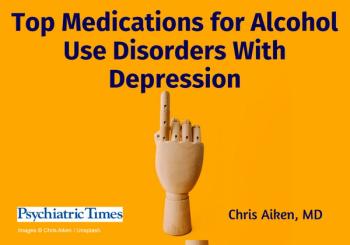
One medication stood out as the most effective in a meta-analysis of alcohol use disorders with depression, but few patients are taking it.
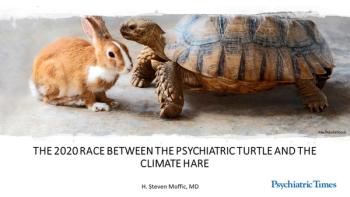
Although our 2020 Presidential race is apparently over, our climate race has no end in sight. Can this race be like the parable where the turtle caught the hare?
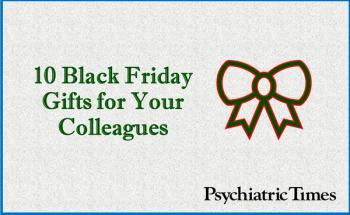
It’s nice to be remembered, especially in the face of a trying year. Check out these editors' picks that won't break the bank.
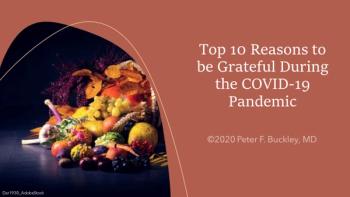
As the countdown to the new year slowly dwindles down, remember the things you can be thankful for in 2020, as hard as it may have been.
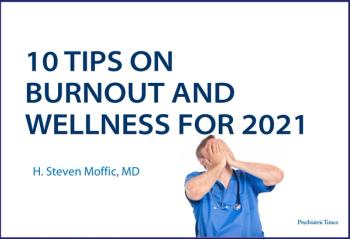
How is burnout affecting mental health workers during the pandemic? How will this affect the upcoming year?

Against a sea change in real-world practice of technology in psychiatry, John Torous, MD, MBI, shares what clinicians can expect next.
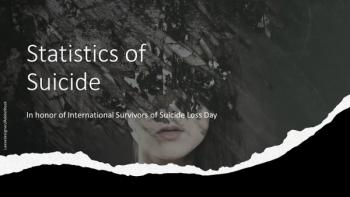
Here are some statistics around suicide to help put things in perspective.
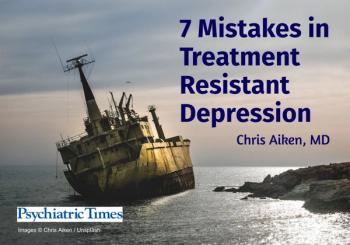
Raise the dose, augment, or switch? A new study suggests we may need to give antidepressants more time to be effective.
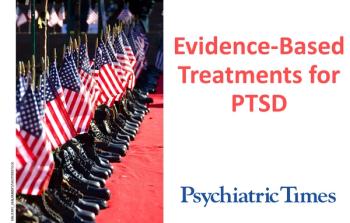
What treatments are there to assist in the rehabilitation of veterans?
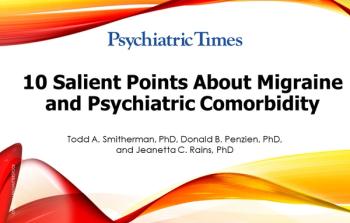
Where do migraines and psychiatric disorders intersect? Learn more.
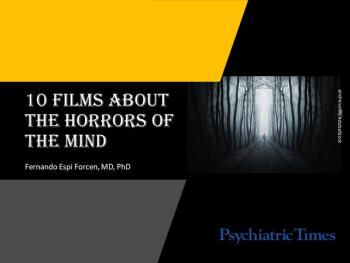
The viewing of horror films, though paradoxical, can be therapeutic through sensation-seeking, catharsis, and existential relief of our deepest fears.
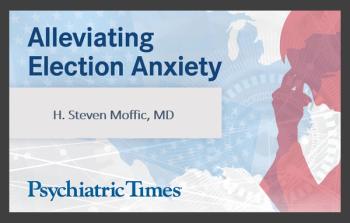
The physical and psychological symptoms of anxiety, such as feeling tense or having trouble concentrating, can be so uncomfortable that they cause behavioral changes. How might these components play out in, say, a Presidential election?
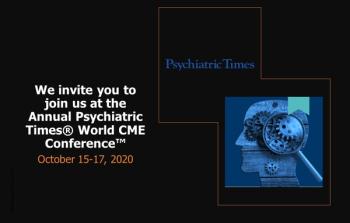
The Annual Psychiatric Times® World CME Conference™ is going to be packed full of informative, must-see sessions. Check out this preview of the week's agenda.

World Mental Health Awareness Day is October 10. Here are some ideas for you to treat yourself while also supporting mental health.
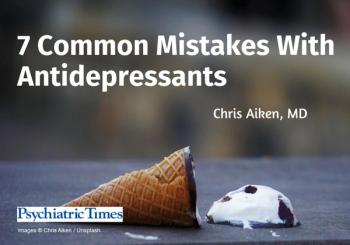
Drug interactions, discontinuation issues, adverse effects, and more. These are the problems that are often overlooked.

These techniques may help promote self-efficacy and elicit patients’ commitment to resolve ambivalence about treatment.

With most chronic pain conditions, the exact pathology is uncertain. In such cases, psychiatrists may be called to assess for illness beyond medical diagnosis.
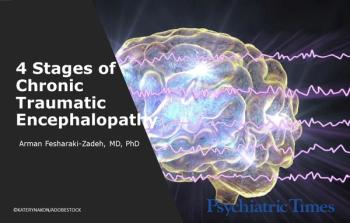
A 59-year-old man with a history of multiple concussions has been having a series of neurocognitive symptoms for the past several years. Discover more in this case.
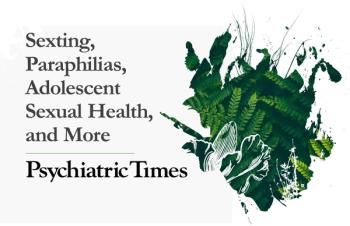
In case you missed it, this series features reports about sexting, paraphilias, adolescent sexual health, and more.
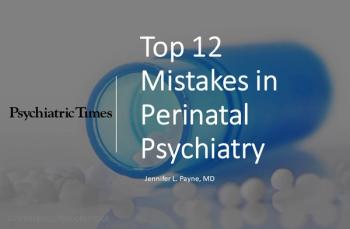
Although they may have been the result of good intentions, these mistakes could adversely impact mother and baby.
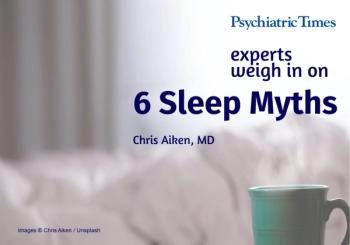
Ten sleep specialists assessed widely accepted beliefs and here's what they found.
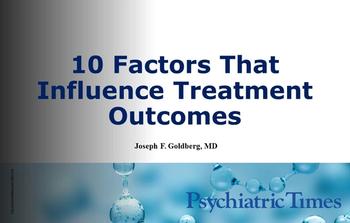
Baseline factors that can influence treatment outcomes in psychiatric treatment.
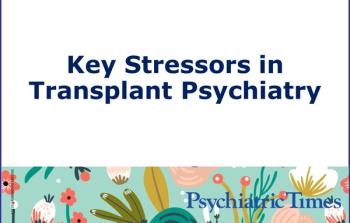
Here: A summary of indicators for stress and anxiety in patients undergoing transplantation, and why it is important for psychiatrists to be aware of these factors.
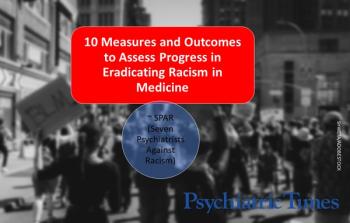
Suggestions to assess outcomes and measure success levels in combatting racism.
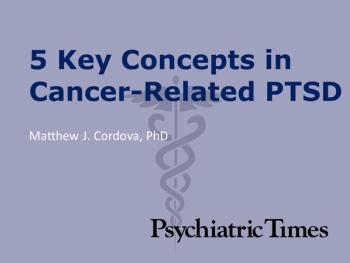
Are patients with cancer also vulnerable to PTSD?